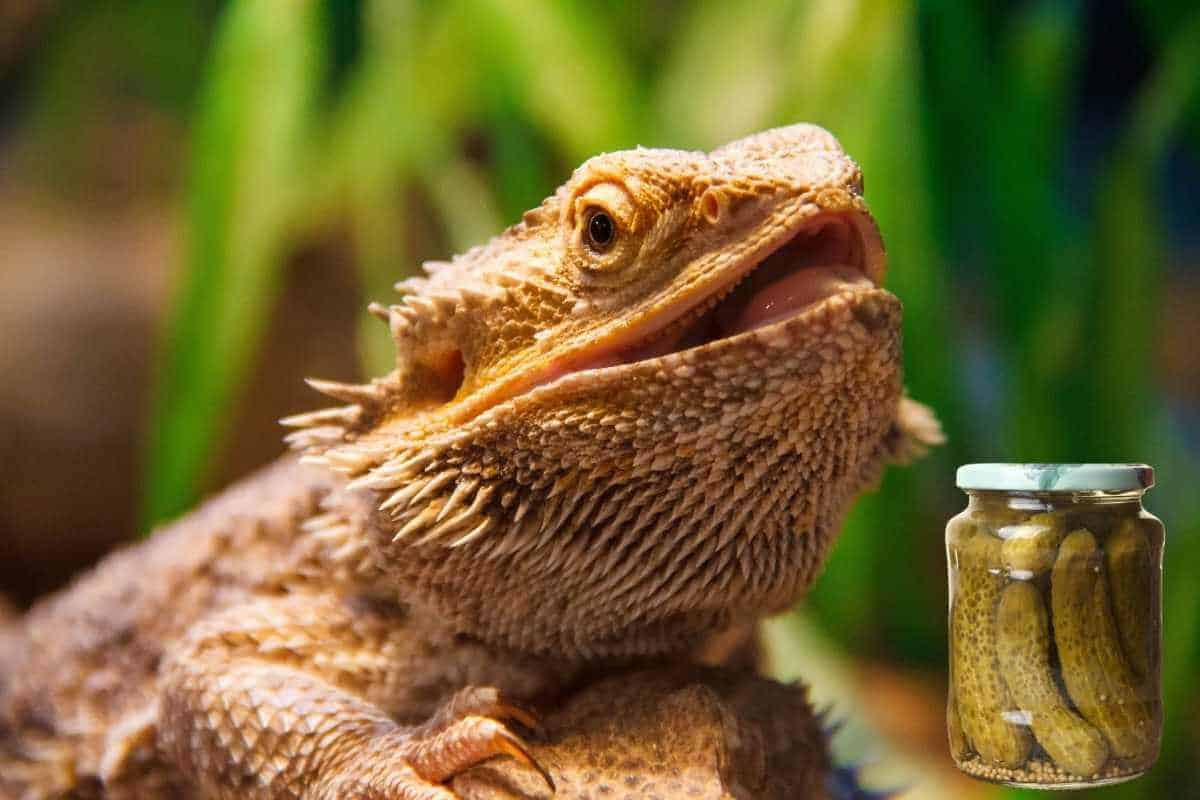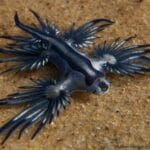Want to add a splash of color and a burst of flavor to your bearded dragon’s meals? Raspberries might be just the ticket! But before you toss one in their dish, it’s important to understand the dos and don’ts of feeding these sweet treats to your scaly friend. This guide covers everything you need to know about raspberries for bearded dragons, from their nutritional benefits to potential risks and safe serving practices.
Understanding the Raspberry Riddle: Good or Bad?
So, can bearded dragons eat raspberries? The answer is a cautious yes, but with some important caveats. Like any treat, raspberries should be offered in moderation as part of a balanced and varied diet. Let’s explore the pros and cons.
The Upsides of Raspberries
Raspberries offer several potential health benefits for your beardie:
- Fiber Powerhouse: Raspberries are a good source of fiber, which can aid in healthy digestion and help keep things moving smoothly in their little bellies.
- Antioxidant Boost: These vibrant berries contain antioxidants, which are beneficial compounds that may help protect cells from damage.
- Vitamins and Minerals: Raspberries contain small amounts of essential vitamins and minerals that can contribute to your dragon’s overall well-being.
The Downsides of Raspberries
While raspberries offer some nutritional value, they also come with potential drawbacks:
- Sugar Overload: Raspberries contain natural sugars. While a small amount isn’t likely to cause harm, excessive sugar can disrupt the gut flora and lead to digestive upset, such as diarrhea.
- Acidity Issues: The acidic nature of raspberries can irritate a bearded dragon’s sensitive digestive system, especially if consumed in large quantities.
Serving Raspberries Safely: A Step-by-Step Guide
Offering raspberries to your bearded dragon should be done thoughtfully and carefully. Here’s a step-by-step guide to ensure a safe and enjoyable experience for your scaly companion:
- Wash Thoroughly: Rinse the raspberries under cool running water to remove any lingering pesticides, dirt, or debris.
- Portion Control: Offer only a small amount, typically one or two raspberries per week. For younger or smaller dragons, even half a berry might be sufficient.
- Preparation: You can offer raspberries whole or gently mash them for easier consumption, particularly for younger dragons. Removing the seeds is not necessary; they are perfectly safe for your beardie to eat.
- Observe and Adjust: After introducing raspberries (or any new food), monitor your dragon closely for any changes in behavior or stool. Watch for signs of digestive upset, such as diarrhea, lethargy, or loss of appetite. If you notice anything unusual, discontinue feeding raspberries and consult a reptile veterinarian.
Incorporating Raspberries into a Balanced Diet
Raspberries should be a small and occasional part of a varied diet that primarily consists of insects, leafy greens, and other suitable vegetables. Find out which types of lettuce are safe and which are harmful for your bearded friend by reading this article on can bearded dragons have lettuce.
Here’s a sample weekly meal plan that demonstrates how to incorporate raspberries appropriately:
| Day | Food |
|---|---|
| Monday | Insects, Leafy Greens |
| Tuesday | Insects, Vegetables like chopped squash or bell peppers |
| Wednesday | Insects, Leafy Greens |
| Thursday | Insects, Vegetables, 1-2 small raspberries |
| Friday | Insects, Leafy Greens |
| Saturday | Insects, Vegetables |
| Sunday | Insects, Leafy Greens |
Addressing Concerns: Oxalates and Other Considerations
You might encounter conflicting information about raspberries and oxalates. Oxalates are naturally occurring compounds found in many plants, and high levels can interfere with calcium absorption in some animals. However, the small amount of oxalates present in a few raspberries is unlikely to pose a significant risk to your bearded dragon, particularly when offered in moderation.
Fruit Variety: Exploring Other Options
Looking to expand your dragon’s fruity horizons? Here are a few other options to consider, always remembering to offer them sparingly:
| Fruit | Potential Benefits | Potential Risks | Suggested Serving Size/Frequency |
|---|---|---|---|
| Blueberries | Antioxidants, vitamins | Generally safe in moderation | A few berries/week |
| Strawberries | Vitamin C, antioxidants | Possible digestive upset due to sugar content | Small pieces/week |
| Apples | Fiber, hydration | Remove seeds and core (contain cyanide) | Small slices/occasionally |
Forbidden Fruits: What to Avoid
While many fruits can be offered as occasional treats, some are toxic to bearded dragons and should be avoided entirely:
- Rhubarb: Contains oxalic acid, which can be harmful to their kidneys.
- Avocados: Contain persin, a toxin that can cause serious health problems.
- Citrus Fruits (oranges, lemons, limes, grapefruits): Too acidic for their sensitive digestive systems.
- Apple Seeds/Pits of Stone Fruits (cherries, peaches, plums, apricots): Contain cyanide, a highly toxic compound.
Staying Informed: Ongoing Research
Current research suggests that raspberries and the other fruits mentioned above are generally safe for bearded dragons when offered in moderation. However, scientific understanding is constantly evolving. Stay up-to-date with the latest information from reputable sources like reptile veterinarians and herpetological societies.
Remember, a healthy bearded dragon thrives on a balanced and varied diet. By following these guidelines and consulting with a reptile veterinarian for personalized advice, you can ensure your dragon enjoys a long, happy, and vibrant life!
- Discover Long Black Pepper: Flavor & Health Benefits - April 25, 2025
- Shocking Twists: The Grownup Review: Unreliable Narration - April 25, 2025
- A Quiet Place Book vs Movie: A Deep Dive - April 25, 2025
















